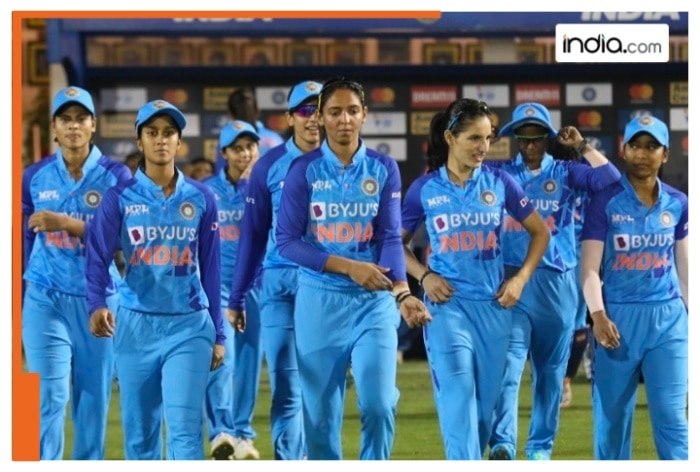 |
|
The controversy surrounding Indian cricketer Jemimah Rodrigues's membership at Khar Gymkhana, a prominent club in Mumbai, highlights a complex interplay of religious beliefs, club regulations, and the potential for misinterpretations. The revocation of Rodrigues's membership stems from allegations that her father utilized the club's facilities for religious conversion activities, a violation of the club's strict constitution. The incident underscores the delicate balance between individual freedom and community standards, particularly in a diverse society like India.
The Khar Gymkhana, known for its rich history and association with prominent figures, maintains a set of stringent regulations regarding the use of its premises. Rule 4A of the club's constitution explicitly prohibits any religious activities within its walls. This rule reflects the club's desire to remain neutral and inclusive, catering to a diverse membership base without promoting any particular religious ideology. However, the interpretation and enforcement of such rules can become contentious when personal beliefs and practices come into play.
The allegations against Rodrigues's father, who is associated with the Brother Manuel Ministries, revolve around the use of the club's presidential hall for a series of events over a period of 18 months. While the exact nature of these events remains unclear, club members expressed concerns about their potential for religious conversion activities. These concerns were fueled by reports of dancing, the use of expensive musical equipment, and the presence of large screens, all of which contributed to an atmosphere perceived as inappropriate for the club's environment. The club's decision to revoke Rodrigues's membership, based on these allegations, underscores the potential for misinterpretations and the difficulty in objectively assessing the intent and impact of certain activities.
Source: Indian cricketer’s membership of Mumbai club suspended over father’s alleged ‘religious activities’
